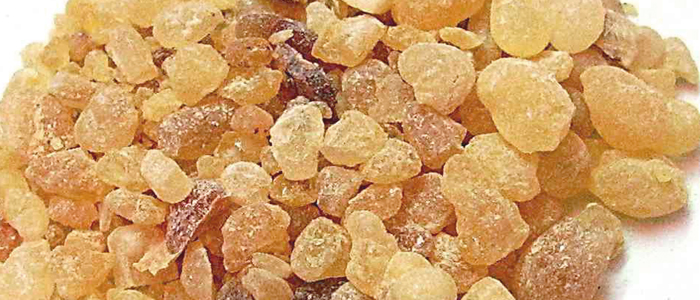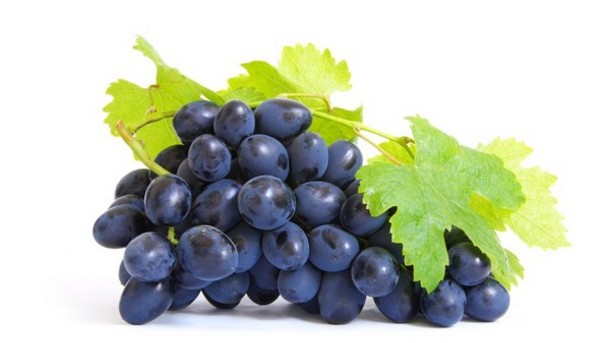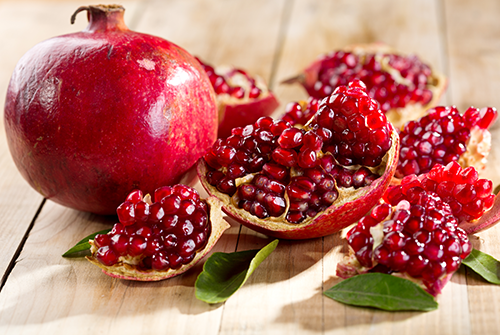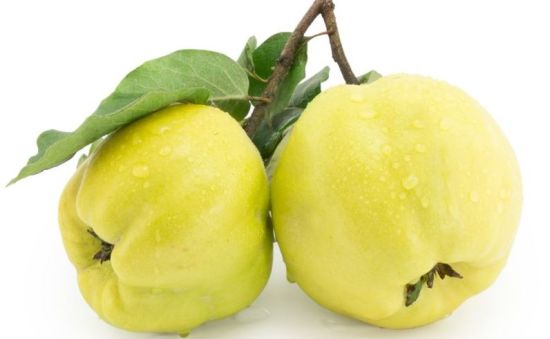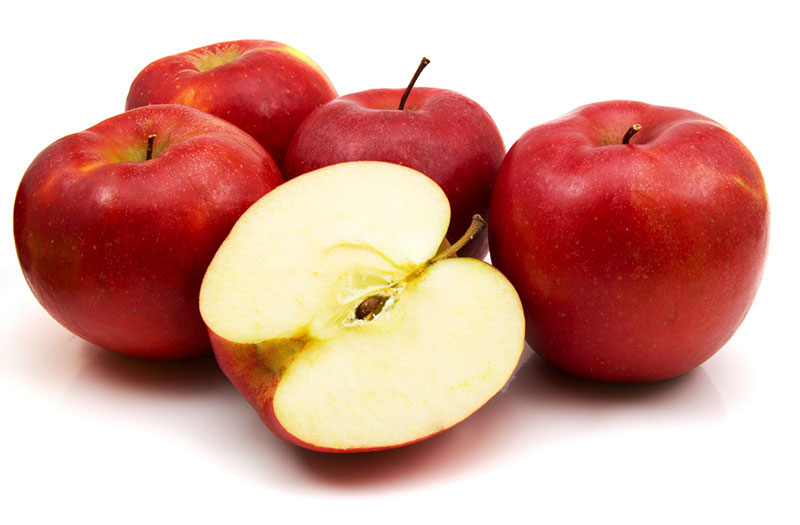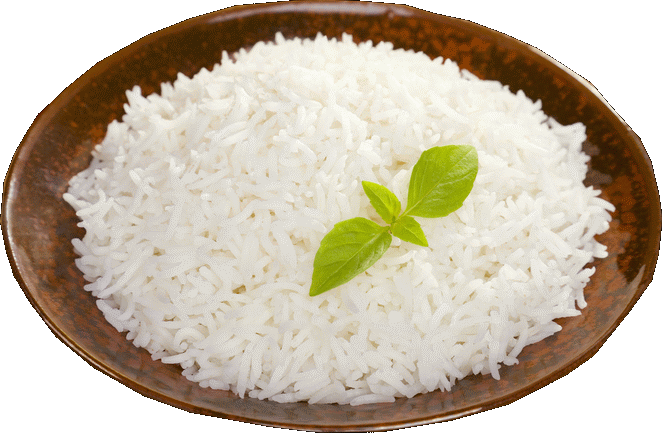 Introduction:
Introduction:
Health is a religious value, and taking care of it is a responsibility of any Muslim. God has determined some healing agents for treatment. Healing herbs or herbal medicine are among these agents. In the current text by the help of Islamic texts and integrating them with new medical sciences, this healing power was introduced.
Anxiety disorder is one of the most common psychological disorders. Today, many people are anxious because of encountering different problems. Continuation of anxiety may cause disruption in the continuity of life. The present study was conducted to evaluate the effect of herbal medicine in the treatment of depression, which is one of the anxiety disorders, from the viewpoint of Quran.
In the ascendant religion of Islam, health has been introduced as a value with interpretations such as “greatest blessing, tastiest bestowed”, “the ignored and not appreciated blessing”, “earthly blessing, a blessing which without it there is no goodness in life, a blessing which man is incapable to thank, goodness in life, hidden assets, safety in life, capital of life” and tens of other phrases its description and importance have been mentioned.
Health is an important request which has been asked from God in the form of different prayers, and the way of asking this request has been taught to the believers. Perfect health (ideal) is a full, comprehensive, healing, and above all a developing health which involves health of this world and hereafter. It is normal trying to enhance such a valuable and basic blessing that is completely considered, approved and supported by happiness of both worlds. To achieve health, specific strategies, even as religious duties (lawful, unlawful, recommended, detestable and permissible), or as recommendations, guidelines, and in the form of religious principles, intellectual and underlying system of Islamic thoughts, and its social order have been predicted and provided.
In fact, no old or new ideology, and neither any theology as well as Islam, have provided the context of development, expansion and evolution for health and hygiene. Also, in this regard no executive guarantee (internal and external, religious responsibility, reward, world and hereafter punishment) exists. Giving an advantage to health in religion, and taking care of it is one of the important duties of Muslims.
Although Islam emphasizes on taking care of health, and believes that hygiene is prior to treatment, believes that God is the main healer and also regarding treatment has strict orders. Holy Quran has cited from Abraham (AS) that: “who, when I am sick, heals me”. This is obvious that: “God runs everything through its instrument”. Hence, to treat illnesses God has mentioned the healing factors. It has been cited that Muses (AS) got sick. The Israelites’ physicians came to him for treatment. The prophet did not accept them and said: “God will treat me!” Then, God told muses: “O Muses do you think that the healing properties of herbal medicine are intrinsic and independent? Of course it is not, but I organized the healing factors in plants”.
To discuss the topic of the present text, after explaining the concept of health and illness, the study evaluates the position of these concepts of Islamic teachings and Muslims’ responsibility in this regard. Then, the way of providing and protecting health and its strategies are mentioned. In the following, the applicable methods to achieve health are explained. It is noteworthy that, according to the purpose of creation, to provide the real happiness, man should consider both this world and hereafter requirements.
As mentioned in the eloquent litany of Imam Ali Ibn Al-Hussein (AS), being healthy in the world and hereafter is an appropriate request from God which needs conscious effort. Risk of getting sick or susceptibility to mental disorders exists in all communities and in all socio-economic levels. In this regard, depression and anxiety disorders are among the most common mental problems of different communities. These problems affect man, family and society. Depression is one of the main psychiatric disorders. At any point of the time, around 5-6% of people are depressed (point prevalence), and around 1% feel depression in their life. Drug therapy of mental disorders, is a scope of medical sciences which develops rapidly.
Although this group of medicines is highly secured and new medicines also have more specific effects, cause side effects such as resistance to medicines, and incidence of the sings of not using drugs when one suddenly stops using them. Since long time ago, Islam and Muslims have paid special attention toward the mental health. Roots of this attention may be found in Quran verses and hadiths of Ahl-e-bait (AS). Healing effect of Quran and its strategies to deal with mental pressures and providing mental health have raised the attention of many mental health researchers.
In a narration it has been cited that: “when people in the presence of Holy Prophet (SAW) called a man crazy, he said: this man is sick, and not crazy! Crazy is arrogant!”. Holy Prophet (SAW) called the crazy people sick and separated mental diseases from superstitions in the era that people believed that the body of crazy people is the place of devil and unholy ghosts, and tortured them brutally. Muslim physicians, who had learned medical sciences from the ideology of Hippocrates and Galen, followed the mental health according to Quran teachings and Islamic tradition.
For example, Ali Ibn Rabaan Tabari wrote the book “ferdows al-hikmah” in seven volumes. Ibn Ribn Tabari explained the most important medical and mental health issues in this book. Then, Muhammad Ibn Zakaria Razi wrote the book “Teb An-nofous” or “spiritual medicine” which is one of the most important books of mental health. Writing these medical books continued with difficulties, and in the present era they are published in the form of theses, journals, and scientific lectures, or presented as a result of experimental researches in scientific seminars.
Herbal medicine which is the oldest identified medical method to treat diseases and protect health emphasizes on the benefits of plants. Today, herbal medicine has gradually become more popular and the need for promoting the related awareness is perceived. On the other hand, in Islamic medicine, Hadiths and narrations the healing effects of herbal medicine have been noted repeatedly. According to the influence of these hadiths on beliefs, it is necessary to collect and use these references, scientifically and documentary. Healing effect of plants is the matter which can be perceived through using the ocean of Quranic information and spiritual knowledge of Holy Prophet and Alh-e-bait which are called in the present study as “Islamic texts”.
In this regard, new achievements of medical science can be integrated with spiritual conceptions. If this integration is done, a scientific angle of Quran, Holy Prophet and Ahl-e-bait will be discovered and another window of medicine, except experimental sciences, will be opened to the medical researchers and scholars. Also, herbal medicine helps people to be safe from damages of chemical drugs which have been achieved from experimental sciences; makes the treatment procedure easier, and passes through mere physical form and enhances supernatural sciences.
The present text was published according to the lack of complete and comprehensive reference about the healing benefits of herbal medicine from the viewpoint of Islamic medicine and comparing it with new references and new medical information; and also according to the high prevalence of depression and anxiety, the objective of the current study was to introduce the healing effects of the herbal medicine from the viewpoint of Islamic medicine and herbal therapy in the treatment of depression and anxiety. The present text will continue expressing the healing effects of the apple, quince, pomegranate, grape, pear, squash, frankincense, and honey from the viewpoint of Islam and medicine in future parts.

